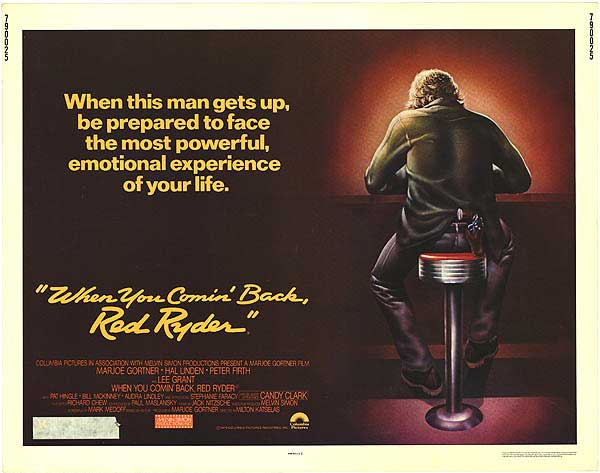 Nic Pizzolatto’s first novel, Galveston, was published in 2010. Prior to that he wrote a book of short stories that appeared in 2006. It’s fair to say most people didn’t hear about Galveston until the screening in January this year of Pizzolatto’s groundbreaking television show, True Detective.
Nic Pizzolatto’s first novel, Galveston, was published in 2010. Prior to that he wrote a book of short stories that appeared in 2006. It’s fair to say most people didn’t hear about Galveston until the screening in January this year of Pizzolatto’s groundbreaking television show, True Detective.
Since then I have not been able to move on social media for the number of people talking about how good Galveston is (which begs the question, is True Detective the longest book trailer ever made?).
Given my obsession with True Detective (which I reviewed for the Overland Journal site here), I was keen to read Galveston as soon as possible.
The short version of this review is that if you like True Detective, you’ll love this book. It’s as simple as that. The book and the show have a number of things in common, including the same rural southern US setting, a number of similar plot devices and the writing style.
Roy Cady is a bagman and thug for a New Orleans’ mobster called Stan Ptitko. The same day a doctor tells Cady he has terminal cancer, Ptitko orders him and another man to visit the president of the local dockworkers local, now the target of a federal criminal investigation.… Read more























